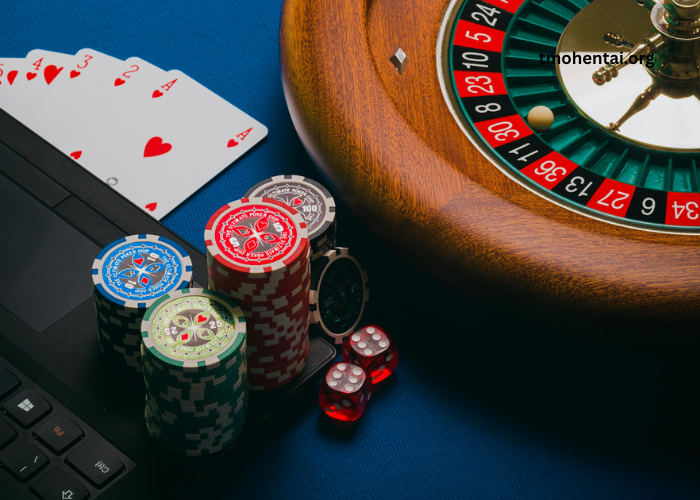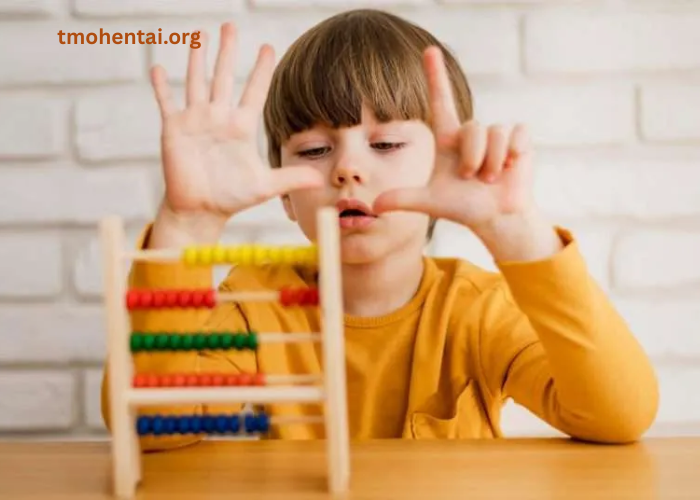Online gambling platforms may operate globally, but their most vibrant communities speak a language all their own — one you won’t find in official game rules or app tutorials. From acronyms like RTP and BRM to in-jokes only veteran players get, the language of online casino culture is fast, coded, and often impenetrable to outsiders. It’s a mix of slang, strategy shorthand, gaming memes, and tradition — a digital dialect that functions as both a badge of belonging and, at times, a wall to keep rookies out.
For a new player casually exploring blackjack streams or scrolling through a slots forum, this coded speech can feel overwhelming. Even in otherwise beginner-friendly resources — say, a PayPal-focused casino guide for Canadian users — jargon starts to creep in once the conversation shifts from deposit methods to gameplay. And once you enter live chat rooms or Discord servers, you’re fully immersed in a gambler’s lexicon that’s equal parts technical and tribal.
Welcome to the secret language of online casinos — where being “on tilt” isn’t about posture and “hitting the river” doesn’t require a boat.
Slang, abbreviations, and memes
The core vocabulary of online casino culture is dense with shorthand. These aren’t just convenient time-savers — they’re identity markers. Players use them to signal fluency and experience, and if you don’t know the lingo, you’re likely to be ignored, corrected, or even mocked.
Terms pop up constantly in chats, forums, and streams, often without explanation. Some of the most commonly used include:
- RTP (Return to Player): The percentage a game theoretically pays back over time.
- BR (Bankroll): The total amount of money a player has allocated for gambling.
- Tilt: A state of emotional frustration that leads to reckless decision-making.
- Whale: A high-roller known for placing massive bets, often drawing casino perks.
- EV (Expected Value): A statistical measure of the long-term average outcome of a bet.
- Volatility: A term in slots referring to how frequently — and how much — a game tends to pay out.
Beyond these, slot enthusiasts toss around terms like “scatter-heavy” or “dead spin,” while poker players debate “VPIP” percentages and bluff frequency as if they were stock traders analyzing charts. Emotional reactions are also coded: being “on tilt” means you’re playing emotionally, often after a loss; spamming “GGG” in a chat signals either sarcasm or surrender to the RNG gods; and “RIP BR” means you’ve just watched your entire balance vanish — typically with humor, not despair.
In this fast-moving culture, these phrases create both shorthand communication and a sense of in-group rhythm. Understanding them isn’t just helpful — it’s the cost of entry into a community that runs on speed, wit, and shared knowledge.
Inside jokes and coded language on forums and chats
Once inside the community, players quickly learn there’s a second layer to the language — one shaped by history, platform quirks, and player psychology. The inside jokes evolve constantly, but they tend to be built around shared experiences: long losing streaks, massive (and unlikely) wins, glitchy bonuses, or notorious platform behavior.
A common example? “Rigged RTP.” Players will ironically accuse a game of lowering its RTP mid-spin when it’s clearly just a bad streak. Another is “hot slot” — used sarcastically when a machine eats 200 spins without a bonus. Then there are forum-specific terms like “banana roll,” coined on a popular gambling subreddit to describe a laughably low bonus round win (usually under 5x your bet).
Live chat rooms on slot streams, in particular, are breeding grounds for in-language. Reactions are fast and formulaic: “Snipe!” when a last-second card hits, “Dead spin” when nothing connects, or “Full-screen dreams” during big wins. Some streamers even develop personal lexicons that their audiences adopt wholesale, turning unique terms into site-wide shorthand.
This culture can be welcoming but also exclusive. Newcomers often find themselves lost in references they don’t understand. There’s no manual. Just immersion, repetition, and — occasionally — a kind soul willing to explain the joke.
Origins of common terms in poker, slots, and blackjack
Many of the terms used in modern online casinos have their roots in live gambling rooms, where brevity and rhythm were essential. Poker, in particular, is a major linguistic contributor. Terms like river (the final card dealt in Texas Hold’em), bluff, nut hand (the best possible hand), and slow roll (deliberately delaying a winning reveal) were born in smoky card rooms but now live on in digital chats.
Blackjack has also contributed lingo that crossed over. Hit and stand are obvious, but phrases like breaking the shoe (changing the card sequence mid-game due to a dealer reshuffle) and basic strategy (a set of mathematically optimal plays) are part of everyday conversation among serious players.
Slot machine lingo has a different flavor — more emotional and less technical. Terms like scatter, wild, retrigger, and free spins are commonly understood, but others are more niche. A tease refers to when two bonus symbols appear and the third almost lands but doesn’t — a moment of manufactured anticipation that every slot player recognizes. A line hit is a standard payout; a mega hit refers to an oversized win, usually accompanied by a screen-filling animation and a dopamine spike.
As gambling has moved online, new layers of language have developed to match — integrating tech terms, streaming culture, and meme dynamics into the old-school gambling glossary.

How language reinforces community (and gatekeeping)
Language in online casino spaces does more than facilitate communication — it defines the borders of the community. Knowing the lingo instantly signals you’re an insider. Not knowing it often gets you sidelined.
This dynamic reinforces group identity. Veteran players bond over shared terminology, emoji chains, and coded complaints about house edge fluctuations. It builds solidarity in a digital space that’s otherwise anonymous and transient. But it also creates invisible gatekeeping. A new user posting, “What does RTP mean?” might get a helpful response — or a flood of snark, depending on the forum’s mood.
This tension is common in tight-knit digital subcultures, but it’s especially acute in online gambling, where real money is involved and stakes feel personal. Language becomes a filter. It protects the group from scammers and spammers, sure — but sometimes at the cost of accessibility for those who might actually want to learn.
Still, the protective instinct makes sense. These communities have often grown in grey areas, surviving platform bans, legal crackdowns, and mainstream stigma. The jargon, in a way, has always been both a defense mechanism and a secret handshake.
Should platforms offer new players “translation” guides?
As online gambling continues to grow — and increasingly targets casual players via mobile apps and live-streamed content — a natural question arises: should platforms help newcomers by translating the community’s unofficial language?
Some already do, but poorly. Glossaries buried in FAQ sections rarely reflect how language is used in real conversations. What players need is real-time, context-aware guidance: tooltips during gameplay, community dictionaries integrated into chat rooms, or onboarding messages that define common terms during the first few sessions.
Doing this right would reduce player confusion, help promote responsible gaming, and flatten the learning curve for those without prior exposure to live casino culture. It might also help build trust. New users often abandon platforms not because the games are bad but because the culture feels hostile or opaque.
On the flip side, long-time players might resist any corporate effort to formalize their slang. The very appeal of the language is its organic, underground quality. It’s meant to be earned through experience, not handed out in a tutorial.
Still, the line between accessibility and authenticity can be walked. If online casinos are serious about welcoming new players, they’ll need to consider not just how they design games — but how they teach people to talk about them.





